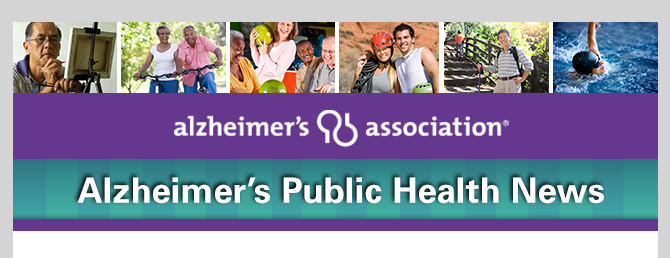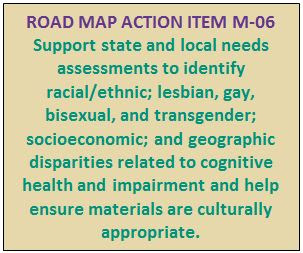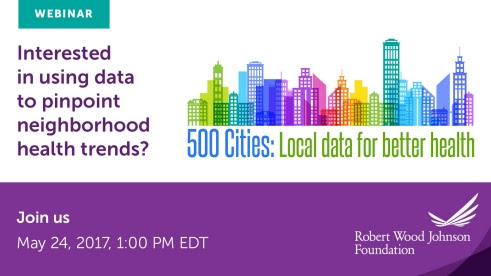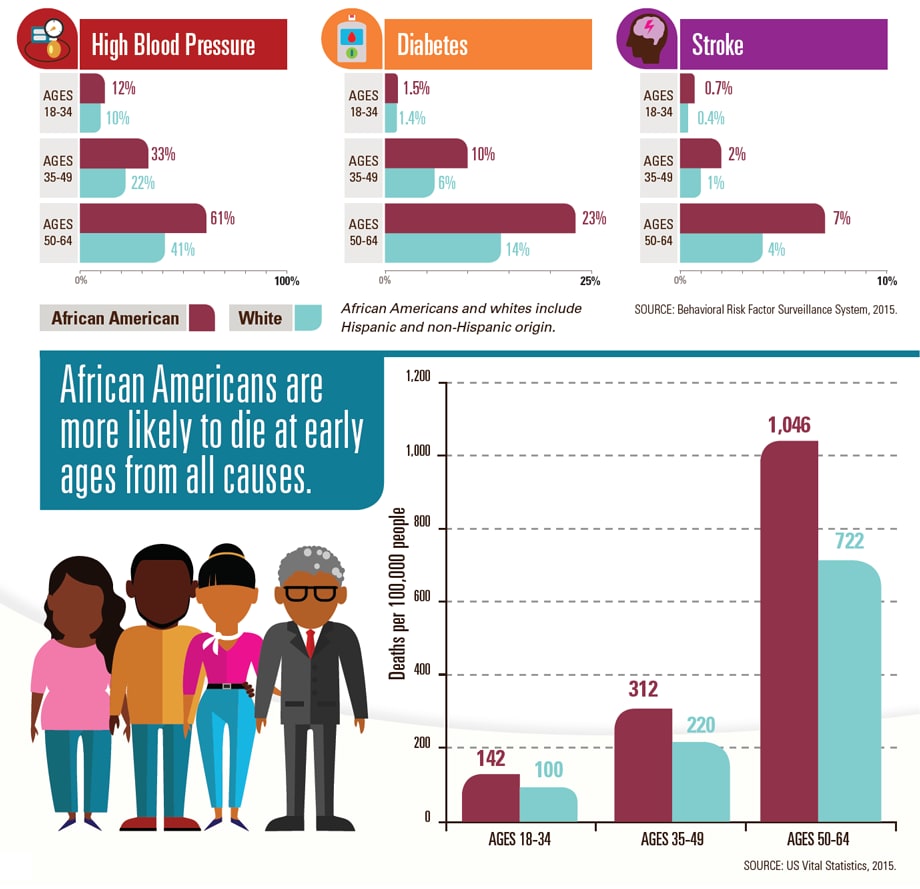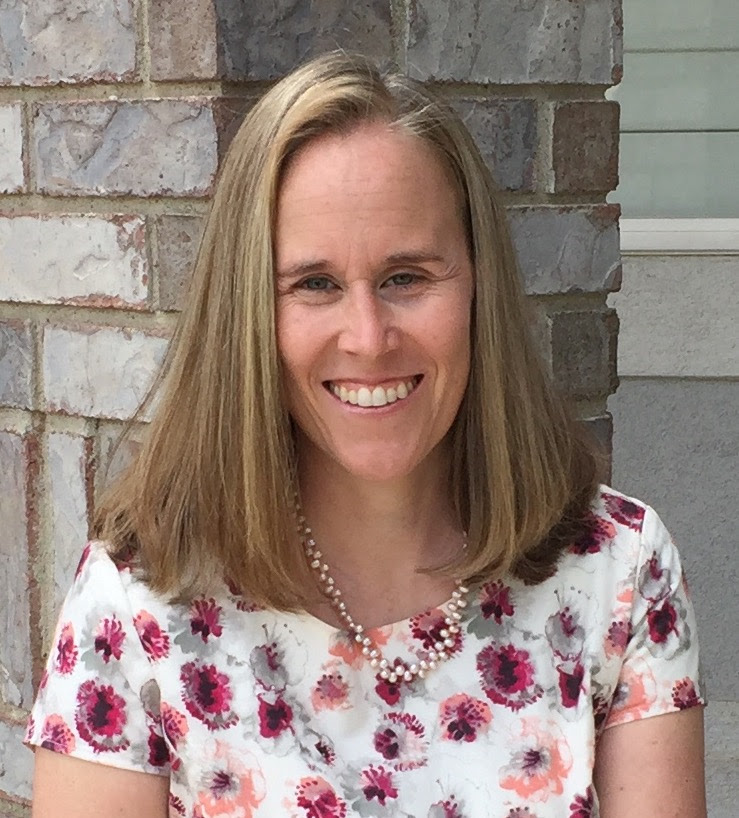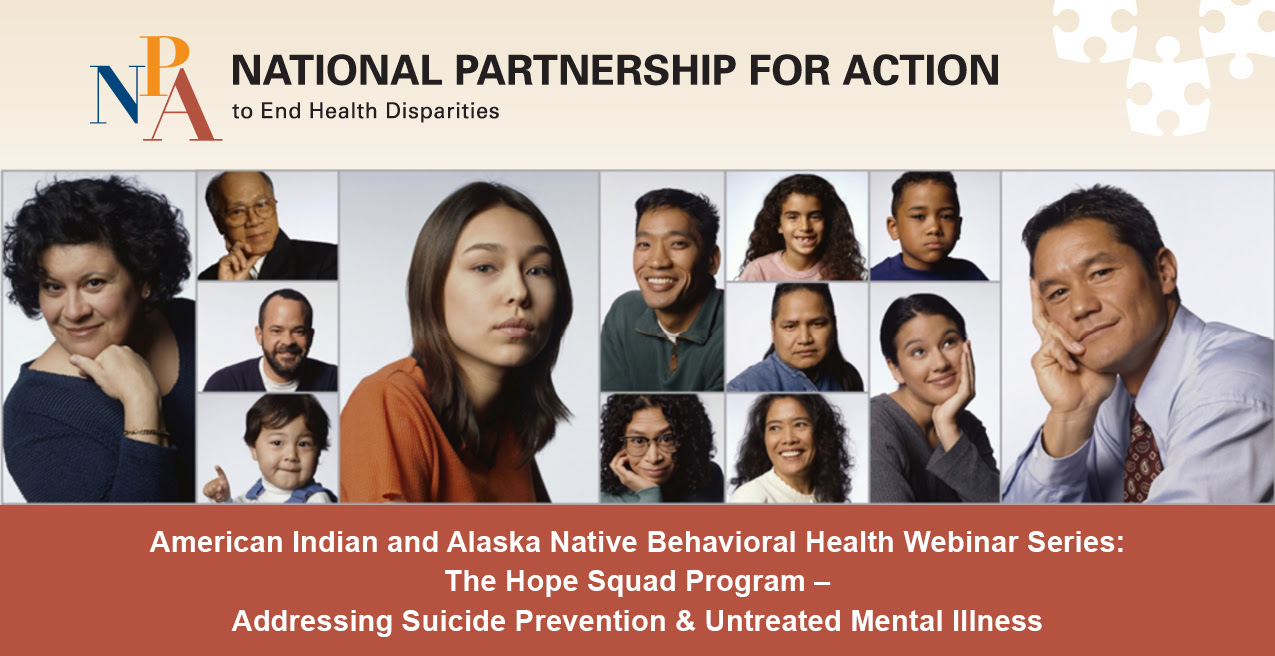
NEW FY 2017 Funding Opportunity Announcement
The U.S. Department of Health and Human Services Office of Minority Health (OMH) administers grant programs to support projects that implement innovative models to improve minority health and reduce health disparities.
OMH expects to release a new funding opportunity announcement (FOA): Empowered Communities for a Healthier Nation Initiative. It is anticipated that the FOA will be available onJune 1, 2017 with applications due by July 31, 2017 at 5:00 pm ET, and projects to start September 30, 2017.
The Empowered Communities for a Healthier Nation Initiative will seek to reduce significant health disparities impacting minorities and disadvantaged populations through the implementation of evidence-based strategies with the greatest potential for impact. The program will serve residents in counties disproportionately impacted by the opioid epidemic; reduce the impact of serious mental illness at the primary care level for children, adolescents and/or adults; and reduce obesity prevalence and disparities in weight status among disadvantaged children and adolescents.

